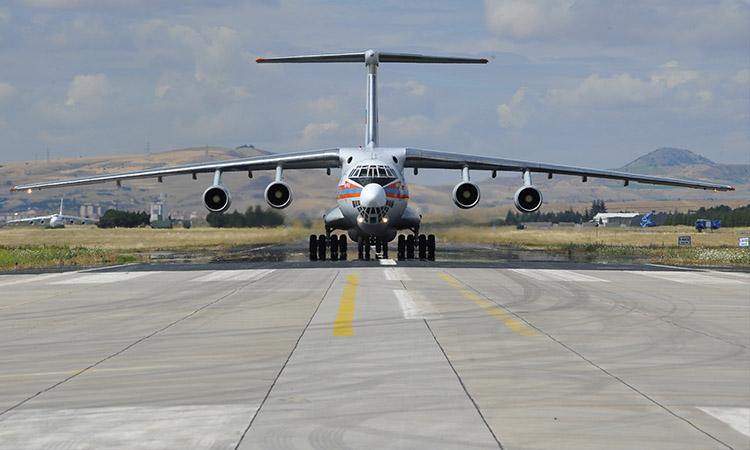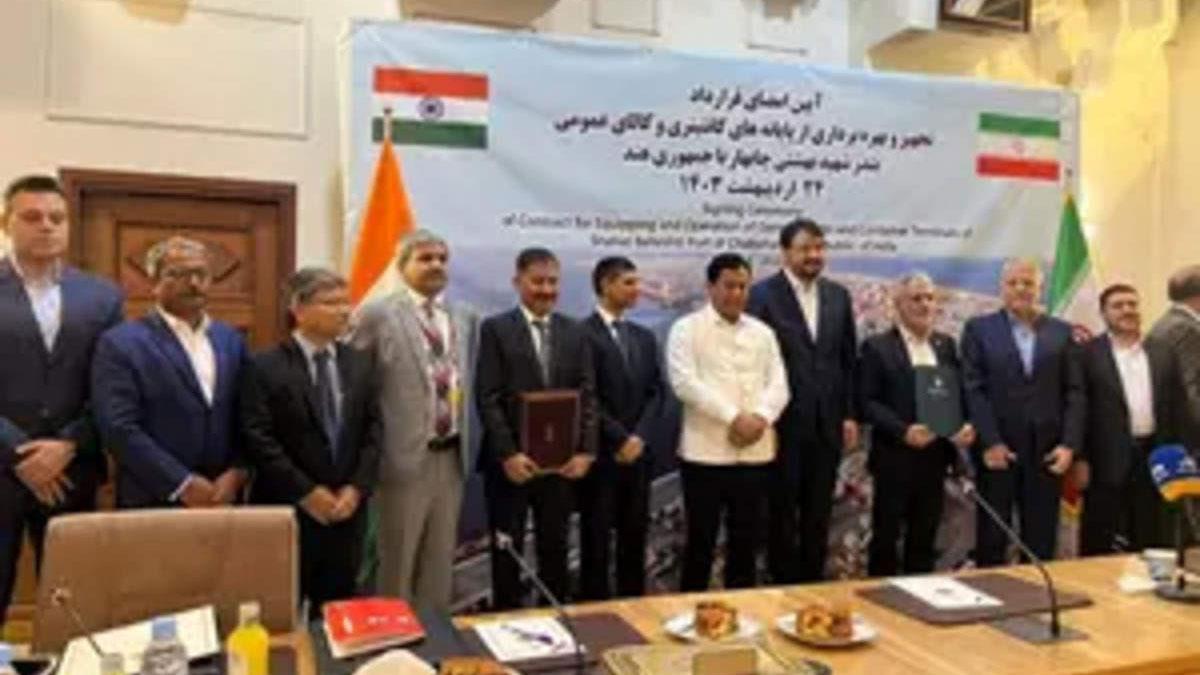The Russian government said that it has approved a bill on the country's withdrawal from the Treaty on Open Skies and will submit the document to President Vladimir Putin.
As the legal procedure requires, Putin will then submit the bill to Parliament for deliberation and approval, and finally sign it into law, officially terminating Russia's participation in the Treaty, Xinhua news agency quoted the government as saying on Wednesday.
The Russian Foreign Ministry announced on January 15 that the country had started domestic procedures for the pullout from the Treaty on Open Skies, following Washington's decision to withdraw.
The Ministry criticised the US withdrawal on November 22, 2020 "under an artificial pretext" for essentially destroying the balance of interests, severely damaging the Treaty's functioning, and undermining its role as a confidence and security building measure.
The multilateral Treaty on Open Skies, which became effective in 2002, allows its 34 state-parties to conduct short-notice, unarmed reconnaissance flights over the others' entire territories to collect data on military forces and activities.
The US and Russia have blamed each other for non-compliance with the treaty.
The treaty is aimed at building confidence and familiarity among state parties through their participation in the overflights.
By 2019, over 1,500 Open Skies flights have been conducted since the deal entered into force, according to media reports.
He wrote that "letting first-time producers re-create the industrial capacity and know-how needed to ramp up a complex industrial process to global scale" may not work.
Bill Gates, the philanthropist who heads a foundation that works on global issues, has also opposed the waiver echoing a similar view questioning the ability of developing countries to maintain quality standards.
But Khanna said in his tweet, "Let's be clear, this debate was never about quality control over manufacturing vaccines. It was about money andgreed. I was trolled repeatedly by people in my own party for calling on Biden to waive this."
Biden's spokesperson Jen Psaki posited a defence of the support for the waiver before it was announced when she responded at her briefing to a question about the objections.
"We take intellectual property incredibly seriously. And we also, though, are in the midst of a historic global pandemic, which requires a range of creative solutions. And we're looking at it through that prism."


















